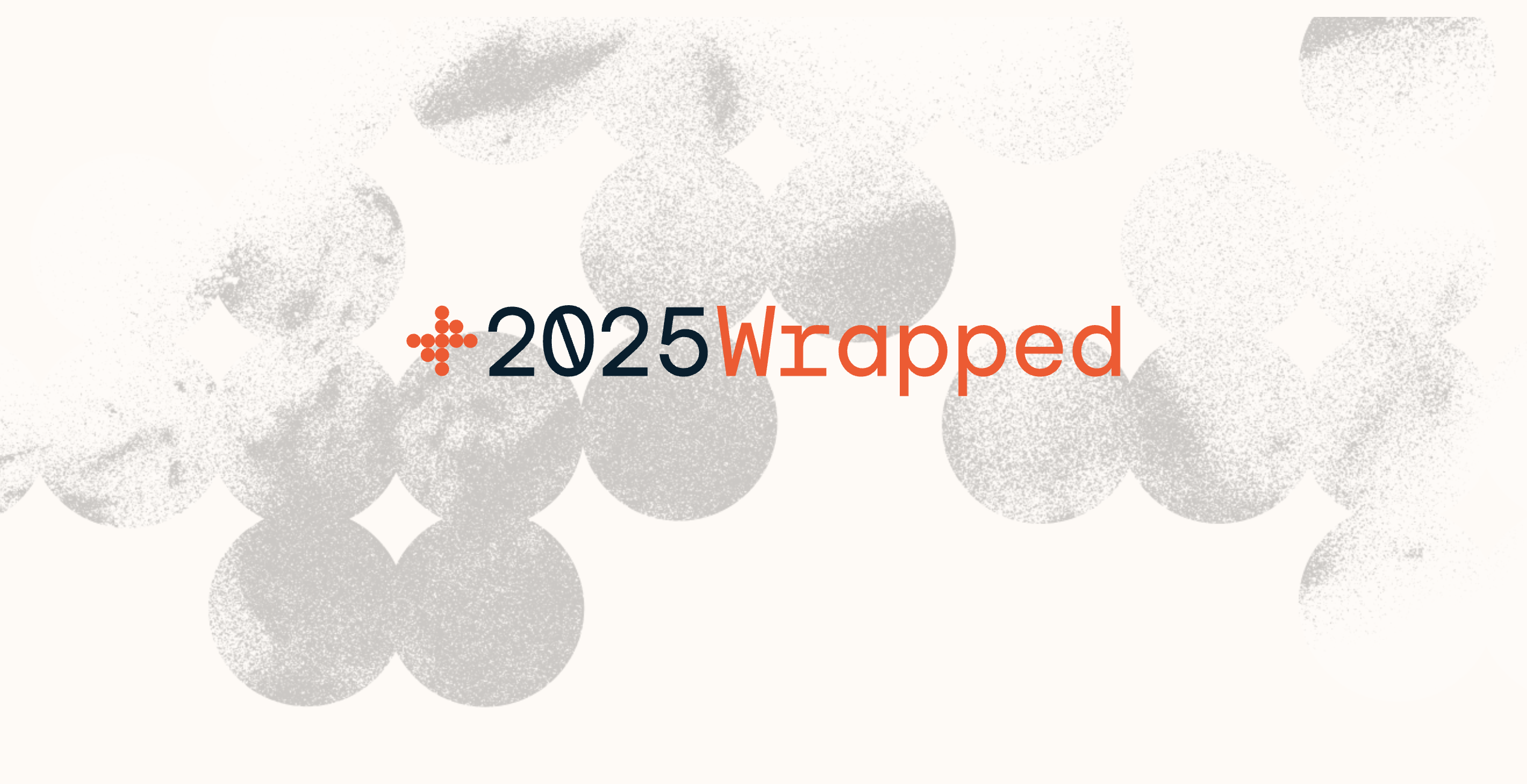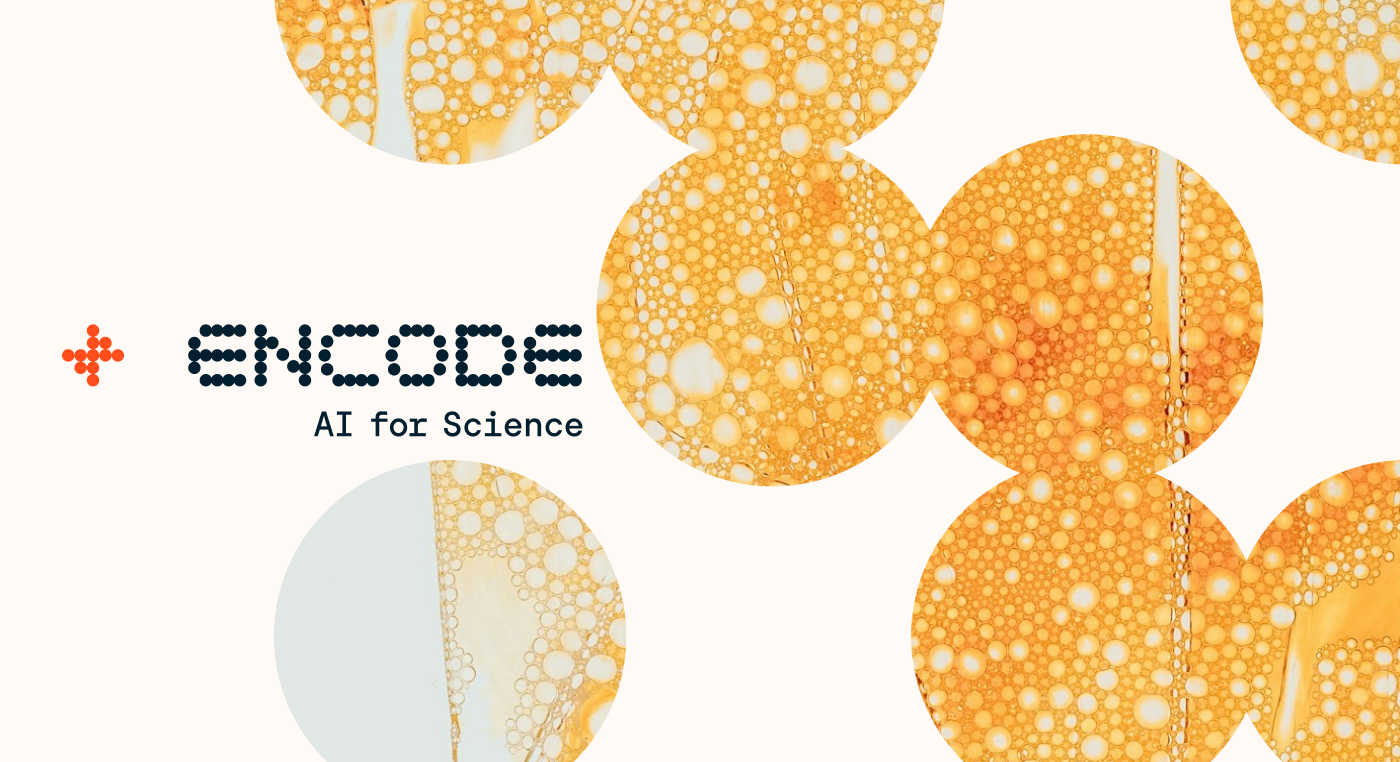We are launching Encode: AI for Science, a new fellowship.
The current wave of AI products are some of the fastest growing in history. Most of these products automate human knowledge work — writing code, reading and summarizing documents, drafting emails, et cetera.
These tools are already profoundly reshaping society, but there is a bigger revolution underway in the production of new knowledge itself: AI is accelerating and enabling new science.
Scientific revolutions start with new tools, like the telescope, or new theories, like quantum mechanics. The past few decades have seen a third sort of revolution in the scale of science, enabled by scale, automation, and the fast communication between scientists brought by the internet.
AI is like all these kinds of scientific revolutions in one. New algorithms are finding patterns in data that no human mind can perceive, from the rules of protein folding to detecting the signature of disease. New simulation approaches are enabling both faster experiments, and experiments that are too impractical to run. New language models and AI scientist tools are bringing world expert collaborators with access to all human knowledge to every human scientist.
The coming wave of new knowledge creation will unlock new products that quickly scale to impact our world. New medicines to treat disease, and new types of medicine that change how we interface with the human body (like neural interfaces). New computational media that are dramatically faster and more efficient than today’s silicon. New crops to combat climate change and food insecurity. New robotic platforms to automate physical labor.
But there’s a problem. Leading scientists tell us they can't find AI talent or access the computing power their breakthroughs require. Meanwhile, many of the best AI engineers want to work on scientific problems that matter deeply to them, but feel cut off from the domains where they could have the greatest impact. The institutions that train scientists and the organizations that develop technology have created a maze of misaligned incentives. The result? The revolutionary potential of AI in science remains largely locked away.
That's why we're launching Encode: AI for Science. It's a fellowship that brings together leading scientists and AI talent to tackle humanity's biggest challenges. We provide industry-level compensation, serious compute resources, a community of the most ambitious researchers we can find, and resources to scale discoveries into impactful new companies and organizations.
Fellows can apply to work on one of our curated projects with faculty partners, or pitch a project of their own, and we can help find a faculty collaborator in our network. We've started planning our first projects with an extraordinary group of faculty partners:
- Dame Molly Stevens (Oxford), AI for biomaterials design
- Riccardo Sapienza and Jack Gartside (Imperial College London), AI for neuromorphic computing
- Philip Stier (Oxford), AI for climate systems
We’ll announce more details about these projects, as well as more new projects, in the coming months.
Fellows who join Encode will have multiple paths to scale their work. We’ll help fellows launch ambitious companies (with support from our team at Pillar VC), create focused research organizations, or pursue other larger-scale projects through our ARIA and Pillar’s networks of partners.
I suspect we'll look back at this period the way we now look at the dawn of quantum mechanics — as a moment when a new tool suddenly accelerated human knowledge across every field. The difference is that this time, the acceleration will be orders of magnitude faster, and the path from discovery to impact will be measured in months or years rather than decades.
If you want to be part of this acceleration, we want to talk to you — connect with us here.
- If you are a university faculty member and would like to host an Encode fellow, share more with us about your work here.
- If you’d like to be a fellow, you can apply to one of our projects or pitch your own starting March 20th here.
There are many other ways to get involved, connect with us here.





.png)





